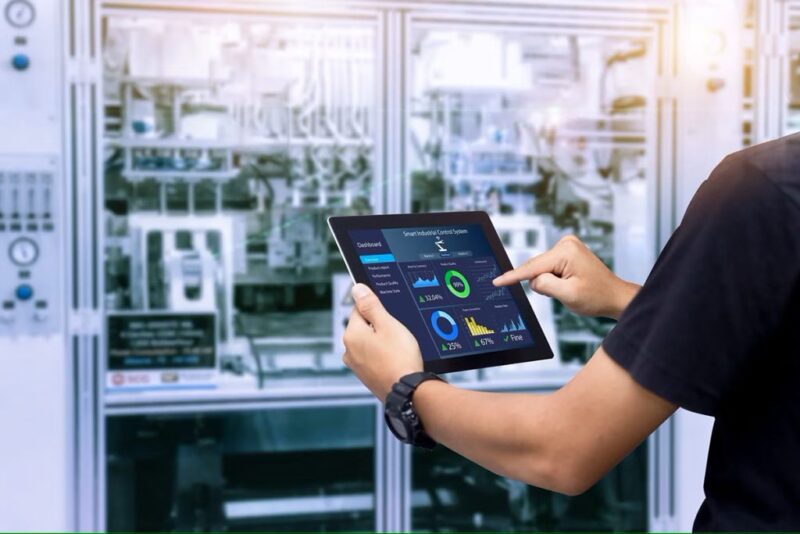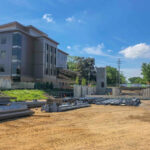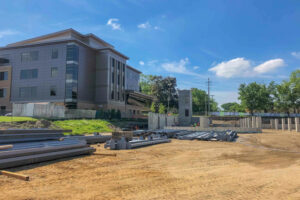
Commercial refrigeration has long been a cornerstone of industries such as food service, retail, logistics, and pharmaceuticals. From ensuring food safety to maintaining the integrity of sensitive medical supplies, its role is indispensable. As technology advances, the landscape of refrigeration is shifting toward smarter, more connected systems. Companies and professionals in the sector, including providers like Frontier Refrigeration in Memphis, are increasingly encountering a new era shaped by the Internet of Things (IoT), automation, and data-driven insights.
The Shift toward Intelligent Systems
Traditional refrigeration systems were primarily mechanical, designed to regulate temperature and preserve goods. While effective, they offered limited adaptability and required manual oversight. The rise of IoT and smart technology is transforming this framework. Today, refrigeration units can talk to each other instantly, spot irregularities, and fine-tune their operation with very little human involvement. This evolution is not merely about convenience but about enhancing efficiency, sustainability, and reliability.
Real-Time Monitoring and Predictive Maintenance
One of the most significant advantages of smart refrigeration is the ability to monitor systems continuously. Sensors installed within units measure temperature, humidity, energy consumption, and even door activity. These sensors feed information to cloud-based dashboards, enabling managers to access data anytime and anywhere.
Predictive maintenance is another breakthrough. Rather than sitting idle until machines fail, smart systems use data to predict troubles before they arise. For example, if a compressor begins drawing unusual amounts of power, the system can flag the issue before it escalates. This forward-looking method not only lessens expensive standstills but also lengthens the life of the equipment.
Energy Efficiency and Sustainability
The use of energy has long been a worry in commercial refrigeration, since cooling makes up a large share of running costs for places like supermarkets and restaurants. Smart systems address this challenge by optimizing energy use through dynamic control.
For instance, refrigeration units can automatically adjust cooling cycles during off-peak hours or integrate with renewable energy sources to lower costs and environmental impact. The broader adoption of eco-friendly refrigerants, combined with smart control systems, is also helping businesses reduce their carbon footprint while meeting stringent regulatory requirements.

Enhancing Food Safety and Compliance
Food safety regulations demand strict temperature control to prevent spoilage and contamination. IoT-enabled refrigeration systems make compliance more achievable by maintaining detailed, tamper-proof logs of storage conditions. Automatic alerts can notify managers if a cooler’s temperature deviates from the required range, reducing the risk of product loss and ensuring consumer safety.
Beyond food, sectors such as healthcare also benefit. Smart refrigeration is vital for storing vaccines, medicines, and other temperature-sensitive products where even minor fluctuations can have serious consequences.
The Role of Data in Decision-Making
The real power of IoT-based refrigeration rests in information. With comprehensive insights into energy patterns, temperature fluctuations, and maintenance needs, businesses can make informed decisions. For example, data may reveal that certain units are consistently underperforming, prompting investment in upgrades. Similarly, analytics can help businesses balance energy consumption with operational requirements, creating long-term cost savings.
Challenges in Adoption
Even with its advantages, moving toward smart refrigeration brings its own hurdles. Upfront investment costs, concerns about cybersecurity, and the need for specialized training are barriers that businesses must navigate. However, as technology matures and becomes more accessible, these obstacles are gradually diminishing. Many experts predict that smart systems will soon become the industry norm rather than a niche innovation.
Looking Ahead
The future of commercial refrigeration is undeniably digital. Smart and IoT-enabled systems are paving the way for more sustainable, efficient, and reliable operations across industries. From predictive maintenance to enhanced food safety, these technologies are reshaping how businesses view and manage cooling infrastructure. As the industry continues to evolve, companies and professionals, such as those at Frontier Refrigeration in Memphis, will find themselves at the center of this transformation, adapting to a smarter, data-driven future.







